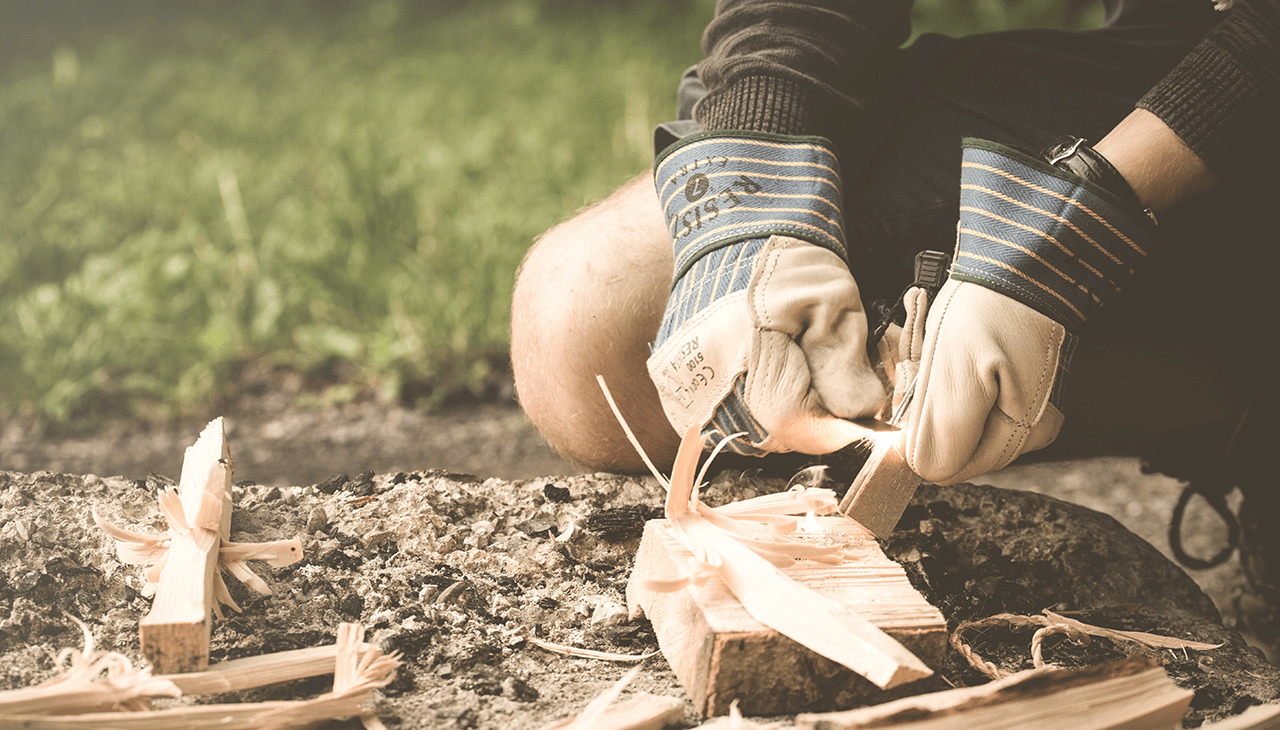Every hunter knows that there is more to hunting than simply shooting a gun and harvesting game – it involves being an active participant in nature conservation and making decisions responsibly. Hunting ethics are a crucial part of the sport that every responsible hunter needs to understand and practice, as they can make all the difference between a successful hunt for you – and your quarry! In this article, we’ll be exploring the ethical responsibilities that come with being a hunter, from sourcing humanely-sourced equipment to respecting wildlife habitats. Armed with these strategies, you’ll be sure to spend many happy hours out in nature without ever having crossed any lines. Read on to find out what makes responsible hunting so important!
Take only what you need – careful consideration should be taken when harvesting game
As a hunter, you need to be prepared to take only what you need for the day and not overharvest or waste the game that has been taken. Selecting the right size of the game is essential – make sure the animal meets legal requirements for bag limits and size restrictions, as well as ethical considerations such as age and sex. Taking an excess can have serious impacts on wildlife populations, so it’s important to get this part of your hunt right!
Show respect to the environment – leaving natural resources unspoiled and preserving habitat is key when hunting responsibly
Responsible hunting involves more than just following regulations and safety measures. It also requires hunters to have a deep respect for the natural environment and a commitment to preserving it. Here are some ways to show respect for the environment when hunting:
Leave No Trace
When entering natural areas for hunting, it’s important to minimize the impact on the environment. This can be done by adhering to the Leave No Trace principles, which include practices such as carrying out all trash and waste, staying on designated trails, and minimizing interactions with wildlife.
Preserve Habitat
Preserving habitat is crucial to the survival of wildlife populations, and hunters can play a role in helping to conserve these areas. This can be done by supporting conservation efforts, such as habitat restoration and protection initiatives, and by practicing responsible land use measures, such as staying on designated trails and avoiding areas that are protected or off-limits to hunting.
Use Ethical Hunting Practices
Ethical hunting practices involve taking only the animals that are needed and using all parts of the animal that have a purpose. This ensures that the environment, as well as the animals themselves, are being respected and treated sustainably and ethically. In addition, hunters can also prioritize hunting non-invasive predators, as they can help balance animal populations and prevent overgrazing.
Support Conservation Efforts
Hunters can support conservation efforts by volunteering for wildlife and habitat restorations, or by donating to conservation organizations. Education on conservation issues can help raise awareness and promote sustainable use of natural resources.
Avoid Overharvesting
Overharvesting is a significant threat to the balance of ecosystems, and can ultimately lead to the decline or even extinction of certain species. Hunters should be aware of bag limits and hunting seasons and should avoid harvesting animals that are threatened or endangered. Hunters should also strive to harvest only the number of animals that they need for sustenance and to use all parts of the animal that have a purpose.
Use appropriate tools and techniques – hunting should be done with proper safety practices in place
Make sure to use clean, humanely-sourced equipment that is fit for purpose, such as rifles or bows of appropriate size, strength, and range. Ensure you have adequate knowledge of animal behavior when choosing your target so that you don’t cause unnecessary suffering or death.
Respect other hunters and private property rights
Hunting is a social activity, so respect the rights of others when out on the field by adhering to local laws and regulations. Be aware of other hunters in your area – always let them know your location and ensure they have the right of way if you encounter one another. Be sure to also respect private property rights, as trespassing can result in legal action!
Follow local laws, regulations, and seasons
It’s important to be aware of any local hunting laws, regulations, and seasons to make sure your hunt is legal. Being aware of restrictions such as bag limits, prohibited areas or weapons will help keep you out of trouble. Additionally, make sure to obtain necessary licenses if required by law – this ensures that all game taken has been collected legally.
Educate yourself on hunting ethics and always practice responsible hunting habits
The best way to ensure responsible hunting is through education – stay up-to-date on the latest hunting ethics and regulations and make sure to practice them. Responsible hunters should strive to respect wildlife, use proper safety practices and always stay within legal limits when out in nature. With these strategies in place, you can be sure that every hunt will be a success!
By following these tips for responsible hunting, you can ensure that your time out in nature is respectful of wildlife and their habitats – allowing you to enjoy all the wonderful experiences that come with being a hunter without ever crossing ethical lines. Stay safe and have fun! Happy Hunting!

